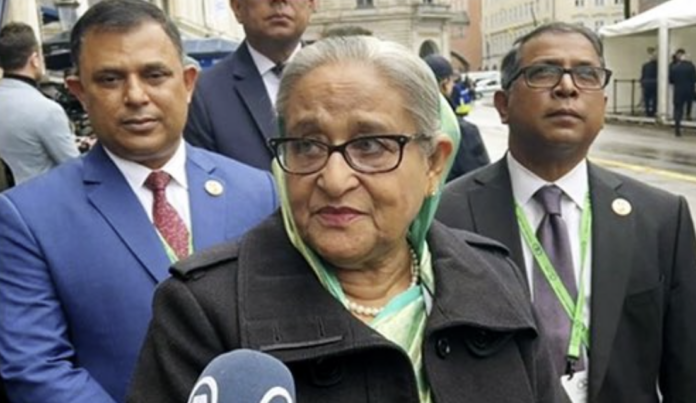2024 is increasingly shaping up to be more than just an election year here in the States. Instead, it might just be the election year for the world.
Over these 12 months, more than 60 countries are about to cast their vote in national elections. This would mean that around 4 billion people, or roughly half the planet, could go to the polls in what is set to be the greatest electoral exercise in human history. Yet, despite this global celebration of democracy, one could also argue that this system of governance has never been more threatened.
From India to Italy to El Salvador, popularly elected leaders are increasingly turning away from the core tenets of democracy, often with the approval of the vast majority of the electorate. The Freedom House Index, which monitors the health of democracies around the world, stated that global freedom declined for the 17th consecutive year in 2023. While more people than ever before are actually voting, the quality of democracy that they are operating within seems to be declining.
This brings us to the South Eastern nation of Bangladesh, which has a population of 170 million. More than 1,800 candidates representing 27 different parties contested just over 300 seats in Bangladesh’s national parliament. Yet, this past January’s election was an election in name only.
Winning in January, the incumbent Prime Minister Sheikh Hasina, just began her fifth term in office after being in power since 2009. Winning almost 75 percent of the vote, she faced virtually no competition with the main opposition, the Bangladesh Nationalist Party (BNP), boycotting the elections. Having cited government interference through voting irregularities and an intense crackdown with thousands of political opposition members being arrested, the opposition called on people to not participate and sit out the election.
Besides this, there have also been growing concerns about rampant corruption within government—all of it against a background of an economic downturn. While Hasina has undeniably boosted the country’s economy as a whole, with extreme poverty rates almost falling by half, her record has recently been called into question. Worsening working conditions have caused growing labor unrest, and protests for higher wages to combat diminishing purchasing power have all caused immense strain on society.
“While she has all but decimated the opposition party under a secular authoritarian style of government, she also generated a lot of prosperity – mainly for the rich, but things have trickled down. If you look at its Human Development Index, Bangladesh now outranks India, which is a much more powerful country. In the Gender Inequality Index, the country has been the top performer for the ninth year in a row in South Asia,” said Political Science Professor Mohsin Hashim, Ph.D. Hashim, an expert in Bangladeshi politics, highlighted that “this might just be the year that Bangladesh crosses the rubicon in an absolute authoritarian direction.”
Like Bangladesh, the US is experiencing a growing divide between two rival parties, faltering faith in an economy that only seems to serve a few, and decreasing levels of faith in the electoral process. And, like Bangladesh, the United States will also head to the polls this year, casting its votes in the general elections nine months from now.
On the ballot are two candidates with radically different visions for the country moving forward. While unprecedented for various reasons, it is also one of the first times that one of the two forerunner candidates has been indicted, with Donald Trump currently facing a total of 91 charges across four criminal cases, including 44 federal charges and 47 state charges. All of the charges are felonies. While part of the country believes this is merely long overdue justice, another sect characterizes the same as political retribution.
Now the country faces a looming prosecution, a divisive presidential election, a democracy on trial—and it’s all taking place in an environment which is geopolitically unstable and economically depressed. Yet, while it might be easy to become distracted by all that’s happening in the world, it becomes crucial that we keep a close eye on these elections because, as Hashim said, “not all democratic backsliding looks the same.”






















